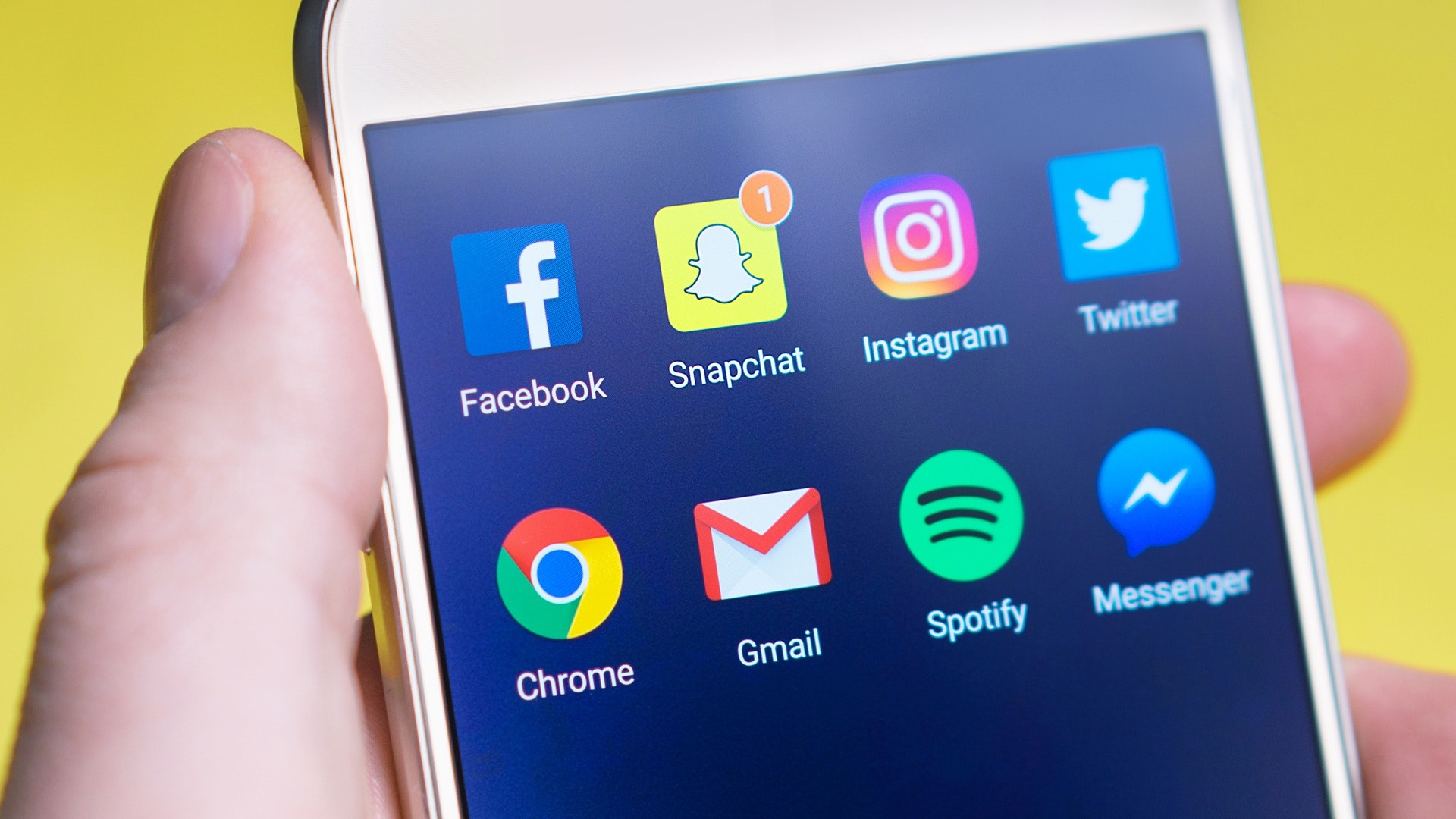Social media executives of the platforms Meta, TikTok, Snap, Discord and X faced tough questions from U.S. lawmakers Wednesday about the risks their platforms pose for young people, which children’s advocates and lawmakers say these companies aren’t doing enough to protect them. Meta’s CEO Mark Zuckerberg addressed victims’ families during the emotional hearing. It all comes as Congress is trying to pass new protections for children online.
Faculty experts at the George Washington University are available to offer insight, commentary and analysis on the impacts of social media among teens and children, as well as other topics related to digital communication, technology addiction and the structure of social media platforms. If you would like to speak with an expert, please contact GW Media Relations at gwmedia gwu [dot] edu (gwmedia[at]gwu[dot]edu).
gwu [dot] edu (gwmedia[at]gwu[dot]edu).
Neil Johnson, professor of physics, leads a new initiative in Complexity and Data Science which combines cross-disciplinary fundamental research with data science to attack complex real-world problems. He is an expert on how misinformation and hate speech spreads online and effective mitigation strategies and has published new research on bad-actor AI online activity in 2024. He is an expert on how social media functions, how messages are spread and the online world of collective behavior on social media.
Vikram R. Bhargava is an assistant professor of strategic management and public policy. His research centers around the distinctive ethics and policy issues that technology gives rise to in organizational contexts. Bhargava is interested in topics including technology addiction, mass social media outrage, artificial intelligence, hiring algorithms, the future of work, and other topics related to technology policy and ethics. Bhargava authored a research article in Business Ethics Quarterly, titled "Ethics of the Attention Economy: The Problem of Social Media Addiction", which dives into why scholars, policy makers, and the managers of social media companies should treat social media addiction as a serious moral problem.
Lorien Abroms is a professor of prevention and community health at the GW Milken Institute School of Public Health. She has studied how social media and digital communication technology can be used for health promotion, including for smoking cessation. She can also talk about the potential for negative impact on teens and young adults.
Tony Roberson is an associate professor at the GW School of Nursing. He has authored numerous publications and presented at national and international conferences in the area of his research and clinical expertise, adolescent psychiatric mental health. Roberson can discuss the impact of social media on teens’ mental health.
-GW-




